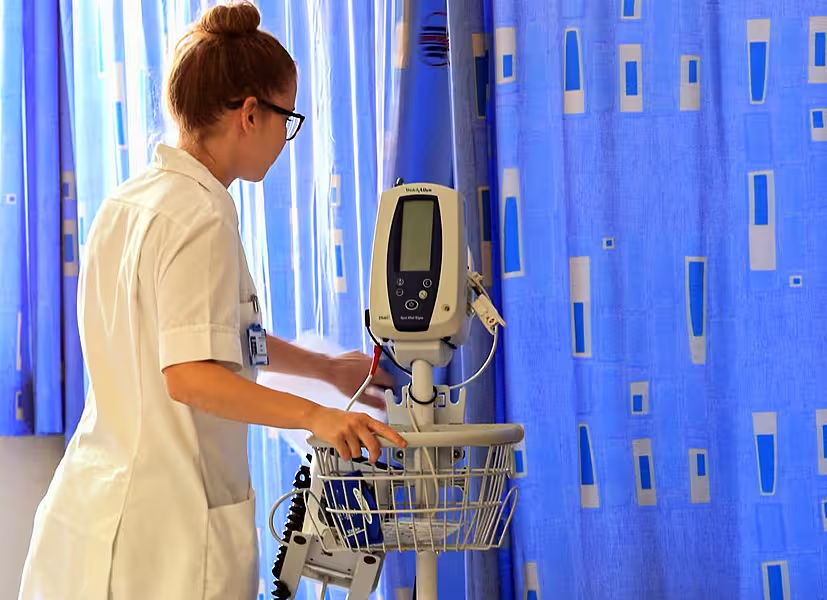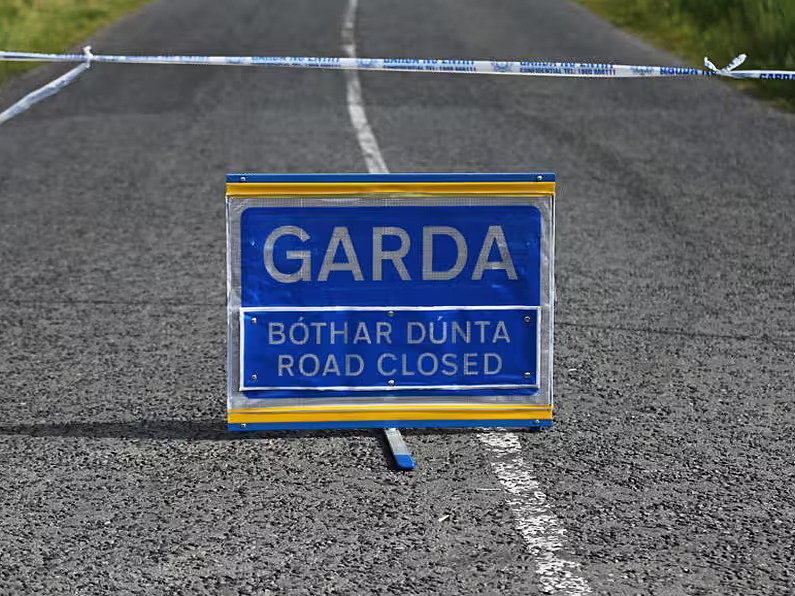
By Cate McCurry, PA
Health conditions that carry the most risk of having a severe outcome from Covid-19 include chronic heart disease, neurological conditions, kidney disease and cancer, a study has found.
It also found that patients who were morbidly obese were also identified as being at higher risk of more severe outcomes from Covid-19.
The national study of 20,000 patients conducted by RCSI University of Medicine and Health Sciences and the HSE Health Protection Surveillance Centre (HPSC) identified the underlying conditions.
The study, which took place during the first wave of the pandemic between March and July 2020, is the first national surveillance study in Ireland that captures data from both hospital and community settings.
Data was collected by HPSC for almost 20,000 confirmed cases of Covid-19.
The association between underlying conditions and more severe outcomes from Covid-19 was examined, including mortality, admission to hospital or admission to ICU.
Amongst the patients studied, there were 1,476 (7.5%) deaths, 2,811 (14%) cases of people taken to hospital and 438 (2%) ICU admissions.
Professor Kathleen Bennett, Associate Professor in Biostatistics at the RCSI said: “Previous studies conducted have suggested that specific underlying conditions influence adverse health outcomes among those with a confirmed diagnosis of Covid-19.
“However, the majority of these studies have focused on hospital-based or local populations only.
“This study is the first population-based research to capture data across all settings in Ireland, including both community and hospital settings and so it gives us a better picture of the impact of the disease on patients at the population level.
Summary of COVID-19 virus variants in Ireland: Report summarises whole genome sequencing and epidemiological data for COVID-19 cases that have been sequenced in Ireland since week 51 2020 (specimen dates between 13th December 2020 and 10th April 2021). https://t.co/bkc248oqqF pic.twitter.com/d1m6M7Mj9p
— HSE Health Protection Surveillance Centre (HPSC) (@hpscireland) April 26, 2021
“The findings are of particular relevance as the national vaccination programme is well under way including those at very high risk and high risk from the most severe outcomes of Covid-19.”
Dr John Cuddihy, director of the HPSC, said: “This study would not have been possible without the commitment of the staff of the HSE Public Health Departments, the HSE Contact Management Programme (CMP) and HPSC, in collecting and analysing the data.
“We are also very grateful for the cooperation of the patients who were interviewed and shared their insights as part of the study.”
In the study, non-severe cases were interviewed via telephone by regional contact tracing centres or departments of Public Health.
Data on those taken to hospital or severe cases was collected by Public Health or Contact Tracing teams, with some information being provided by hospital teams.
Data collected included age, sex, community health organisation, living in a residential care facility or not and likely source of transmission.
The study was conducted by researchers from RCSI, supported by the Health Service Executive and Health Protection Surveillance Centre.
The authors, Prof Kathleen Bennett and Dr Maeve Mullooly, were supported by funding from the Health Research Board.











